People

Markus Ploner. I am a Professor of Human Pain Research and head of the PainLabMunich and the Interdisciplinary Center for Pain Medicine at the Technical University of Munich (TUM). Before coming to Munich and founding the PainLabMunich, I studied Medicine in Cologne and Vienna, trained as a neurologist at the Heinrich-Heine-University Düsseldorf and stayed as a research fellow at the University of Oxford. Motivated and inspired by my clinical experience, I aim to alleviate suffering from pain. To this end, I strive to understand how the brain translates threat into pain and what goes wrong in this translation process when patients experience ongoing pain without appropriate threat. I feel privileged to be able to do this kind of research and to work in a wonderful team.
markus.ploner@tum.de. ResearcherID/publons. Google Scholar. ORCID. ResearchGate. NCBI.

Laura Tiemann. I am a member of the PainLabMunich since the very beginning. After graduating in Psychology at the Ruhr-Universität Bochum, I started as a PhD candidate here in Munich, continued my work as PostDoc, and am still far from getting bored! Currently, I am investigating the brain mechanisms underlying the enormous variability of pain - e.g. why we experience the same painful event differently at different moments in time. I particularly enjoy EEG data analysis, making the results of our research accessible for others through posters, talks and figures, as well as interacting and laughing with the participants of our studies. Beyond research, I enjoy working clinically. I completed my training as a behavioral psychotherapist in 2021 and perform neuropsychological assessments at the Department of Neurology, TUM University Hospital.
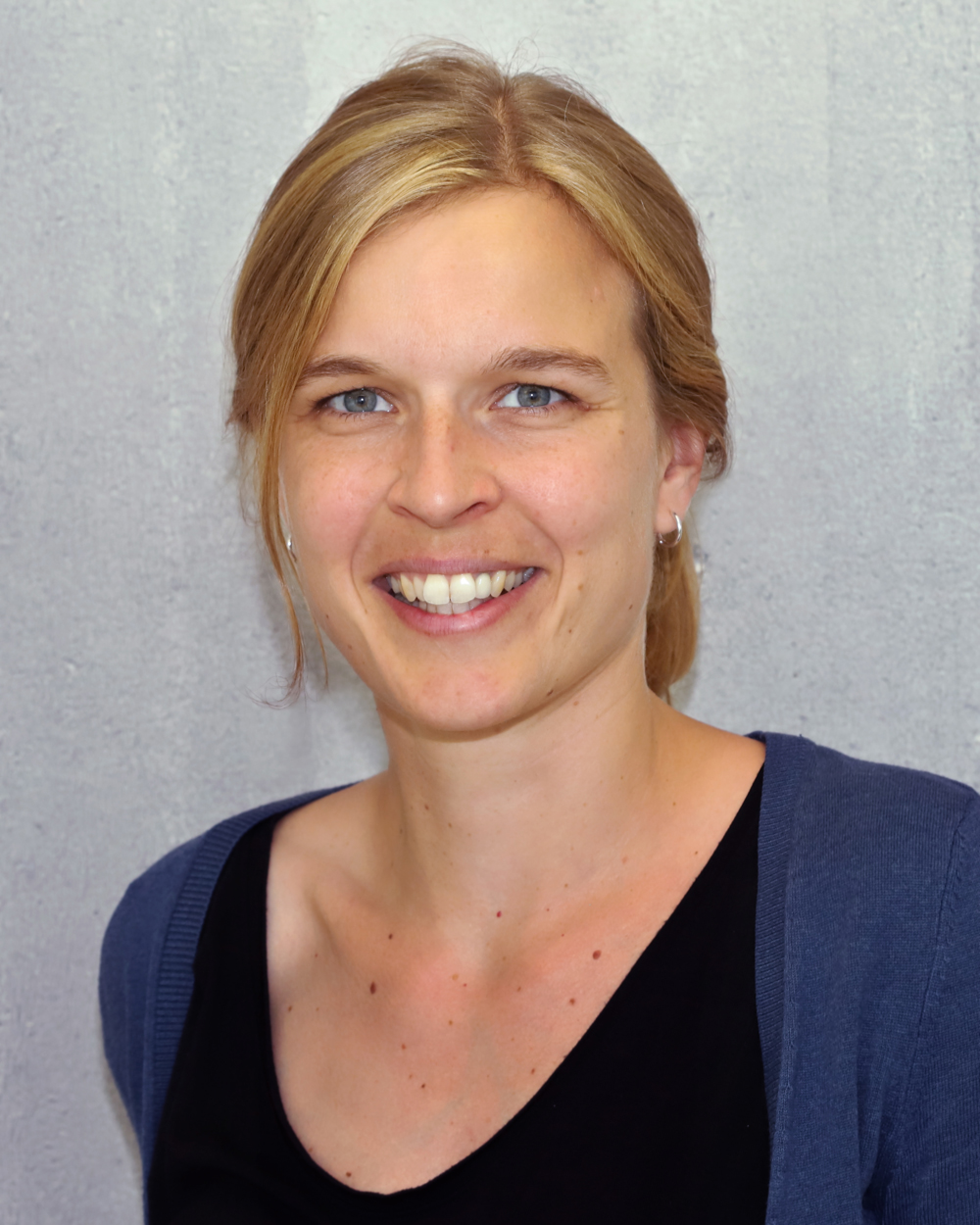
Elisabeth S. May. I have been a PostDoc in the PainLabMunich since 2013. I studied psychology in Oldenburg and Düsseldorf and particularly enjoyed one year of studying abroad in Melbourne. I first became fascinated by pain research and brain oscillations during my PhD at the University of Düsseldorf. After many years, I still very much enjoy neuroscience, especially data analysis. I am very excited about recent open science developments and how they are transforming science for the better. My newest projects focus on the role of peak alpha frequency in pain and the modulation of pain using sensory entrainment. Aside from research, I also enjoy clinical work and completed my training as a behavioral psychotherapist in 2021. I am very happy to now be able to combine research and clinical work by joining the Center for Interdisciplinary Pain Medicine of the TUM University Hospital as a psychotherapist.

Henrik Heitmann. I joined the PainLabMunich in 2010 for my doctoral thesis, where I investigated the influence of Dopamine on pain perception and processing. In 2014, I graduated in Medicine at TUM and started my clinical training in Neurology and Pain Medicine as well as my post-doctoral training at PainLabMunich. Working as a Clinician Scientist I am particularly interested in the mechansims of the development, the affective comorbidities and the multimodal therapy of chronic pain, especially in the context of chronic inflammatory CNS disease.
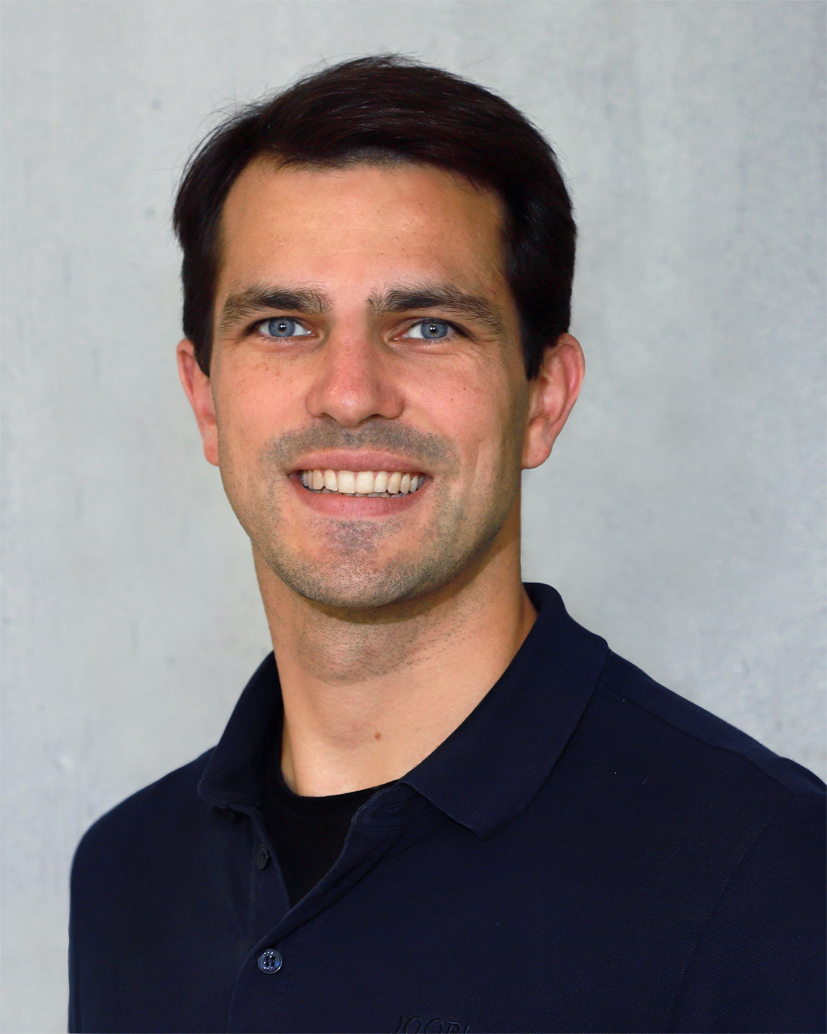
Felix Bott. I am a PostDoc at the PainLabMunich, where I explore the brain's role in acute and chronic pain through advanced analyses of neural signals and clinical data. With master's degrees in engineering and a PhD in pain neuroscience, I combine expertise in computational methods with experience in interdisciplinary communication. I particularly value replicability in research and thrive on collaboration across sites and disciplines. With this, I aim to contribute to better tools for assessing and treating chronic pain and other neurological disorders.

Paul Theo Zebhauser. I have joined the PainLabMunich in 2021 after starting my clinical training as a Neurology resident in 2020. I studied Psychology and Medicine at Ludwig-Maximilian University and TUM. During my studies and clinical work, I have become fascinated by the intersections of Psychology and Medicine - and I think the multidimensional mediation and experience of pain is a prime exemplification of this. I am particularly interested in applying EEG and brain stimulation to clinical populations in Neurology and Neuropsychiatry, both areas in which the experience of pain frequently presents as a debilitating symptom for patients. Aside from that, I am also very interested in Cognitive Neurology, Neuropsychology and the field of Neurodegeneration and Dementia.

Nicolò Bruna. As a PhD student at PainLabMunich since 2024, I am fascinated by the brain's ability to process and modulate sensory information, especially in pain perception. With my background in Neuroengineering, I focus on cutting-edge research that blends theoretical insights and technical approaches. My work explores the mechanisms behind pain perception and sensory processing, with an emphasis on brain modulation and sensory entrainment. The interdisciplinary environment at PainLabMunich, with its clinical and basic science expertise, fosters meaningful, innovative research, and I'm excited to contribute to this vibrant community.

Özgün Turgut. I am a PhD student at the PainLabMunich and the Institute of Artificial Intelligence and Informatics in Medicine (Daniel Rückert) at the TUM. Before joining the PainLab in 2022, I graduated with a master's degree in Electrical Engineering & Information Technology from TUM in 2021. During my master's program, I worked on various projects in the fields of biomedical engineering and artificial intelligence. My current research interests focus on the study of correlates of pain and electroencephalography (EEG) signals using deep learning methods.

Katharina Bauermeister. I joined the PainLabMunich in 2021 during the start of my clinical training in Neurology intending to elucidate many questions that come out of my clinical experience in the diagnosis and treatment of chronic pain. Is the experience of pain exclusively a result of the activity of peripheral pain generators like myofascial trigger points, inflammation or other processes, or is it solely a central process or both? Which form of experimental pain is a viable model for clinical pain helping to find effective causal therapies free of side effects? What are the central mechanisms that treatment modalities are based on to reduce pain?
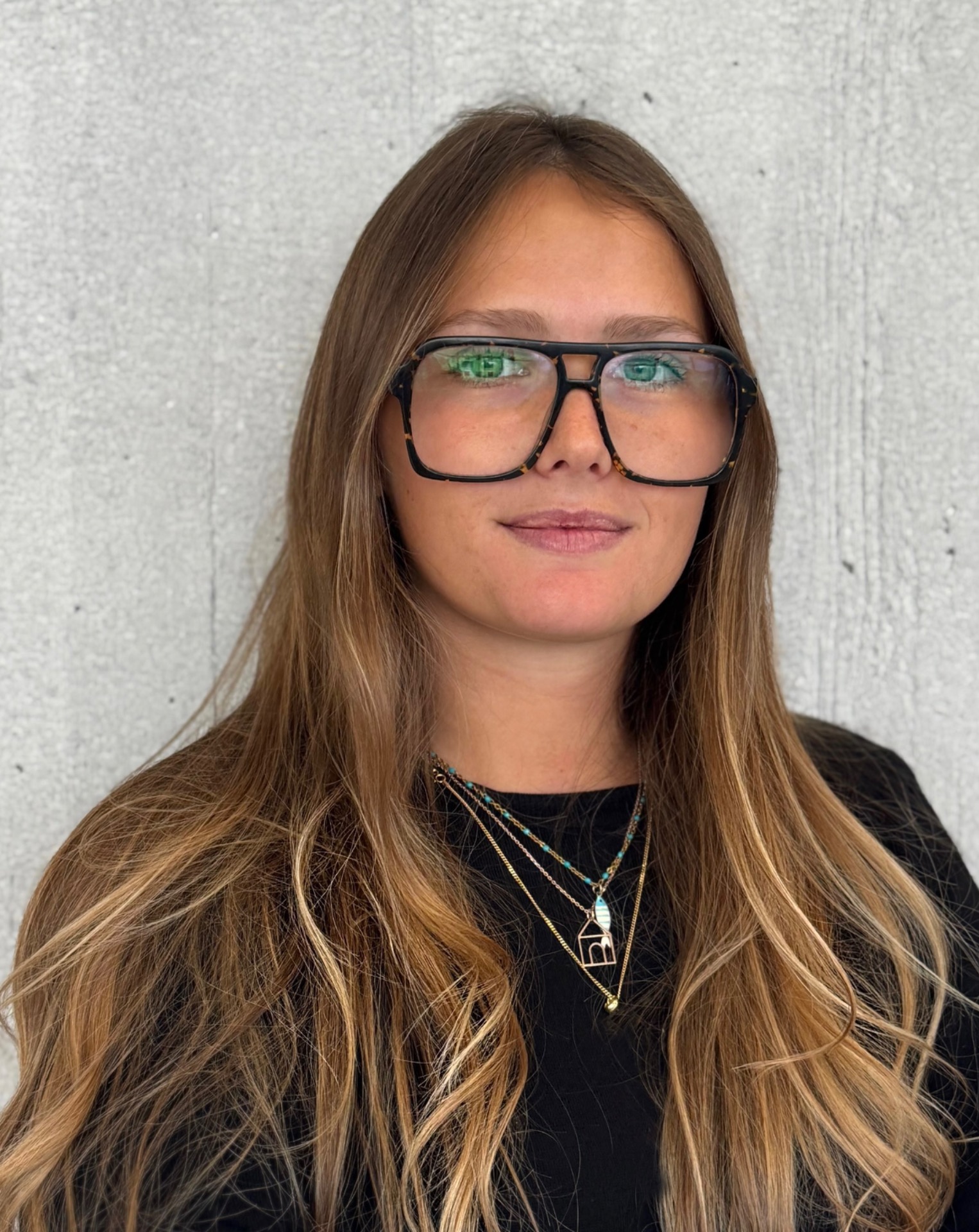
Agnese Lunardi. I recently joined PainLabMunich as a PhD student within the FRESCO4NoPain network. After completing my Bachelor's in Psychological Sciences, I pursued a Master's in Neuroscience, where I focused on neuropsychological assessment, rehabilitation and brain stimulation techniques, and gained hands-on experience with neuroimaging methods. My previous research experience deepened my interest in bridging clinical and experimental approaches to brain function. Now, my goal is to better understand pain mechanisms and explore non-invasive ways to modulate pain. Specifically, my project investigates the use of transcranial random noise stimulation (tRNS) to modulate cortical excitability and pain perception.
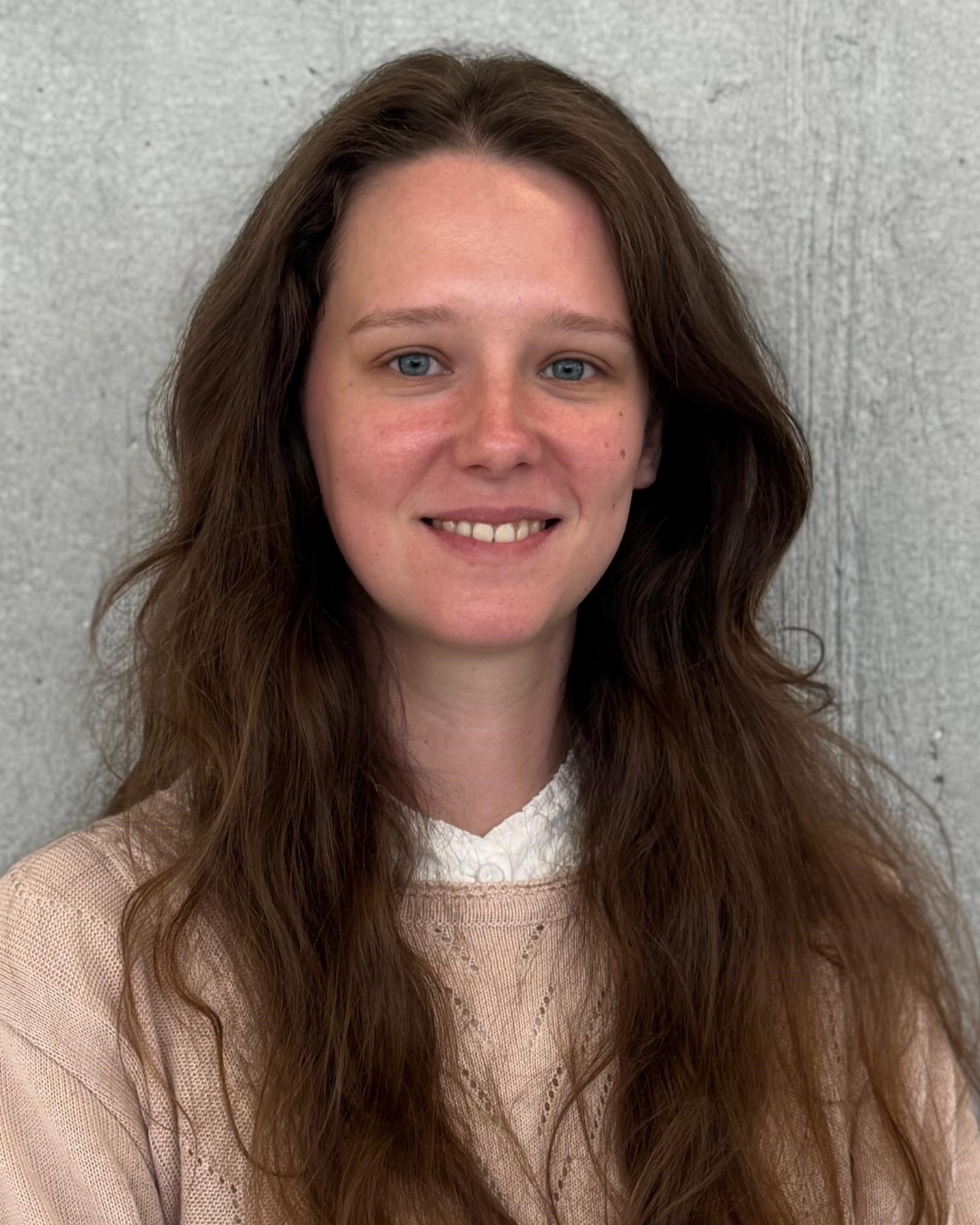
Lara Banovac. I am a PhD candidate at PainLab Munich within the Fresco4NoPain network since 2025. With a background in cognitive neuroscience, I have developed a strong interest in translating fundamental insights about the neural mechanisms of perception and cognition into clinical applications. My doctoral research investigates how neuromodulation shapes neuronal oscillations and pain perception, with a particular focus on somatosensory entrainment. I aim, through this work, to contribute to the development of novel strategies for the treatment and management of chronic pain.
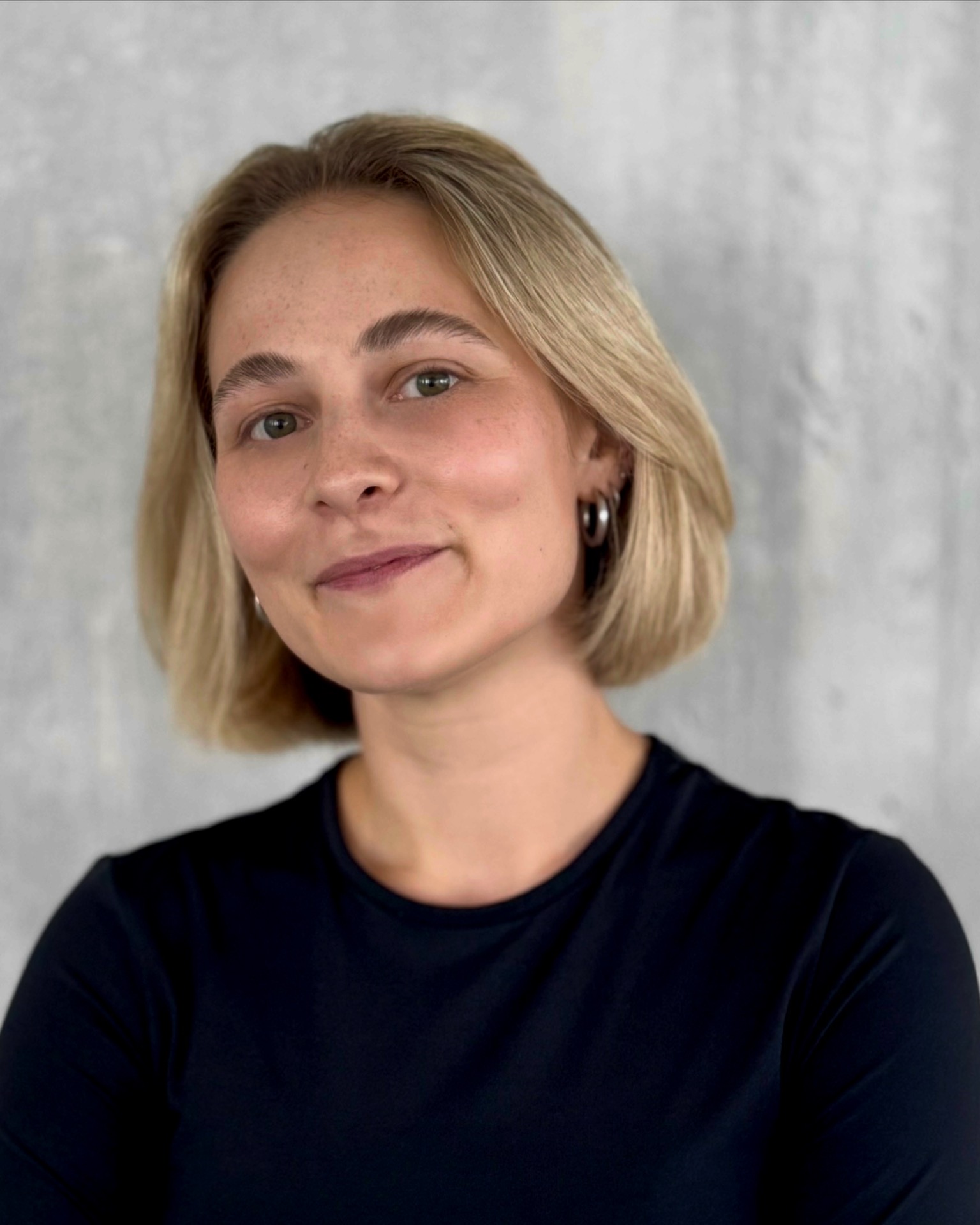
Lina Willfurth. I have been part of the PainLab since 2025, where I am working on an EEG study investigating potential biomarkers for migraine as part of my medical doctoral thesis. I am currently studying medicine at the Technical University of Munich. Before that, I studied psychology in Düsseldorf and Munich. During my psychology studies, I developed a strong interest in neuropsychological processes, which deepened throughout my medical education and led me closer to the field of neurology. I understand pain as a holistic concept that encompasses neurobiological, psychological, and social dimensions – it is precisely this complexity that drives my research interest.

Clara Fritzen. I am happy to have joined PainLab in 2021 as a student research assistant. Currently, I am studying medicine at the TU Munich, whilst constantly observing one common issue which burdens a lot of patients: the issue of pain. Therefore I am highly motivated to support this great team, who works on different aspects of pain in order to better understand the various mechanisms behind it. After a short internship in a neurofeedback practice, it is a pleasure to once again exploit the possibilities of the EEG, this time focusing on collecting and analyzing data.
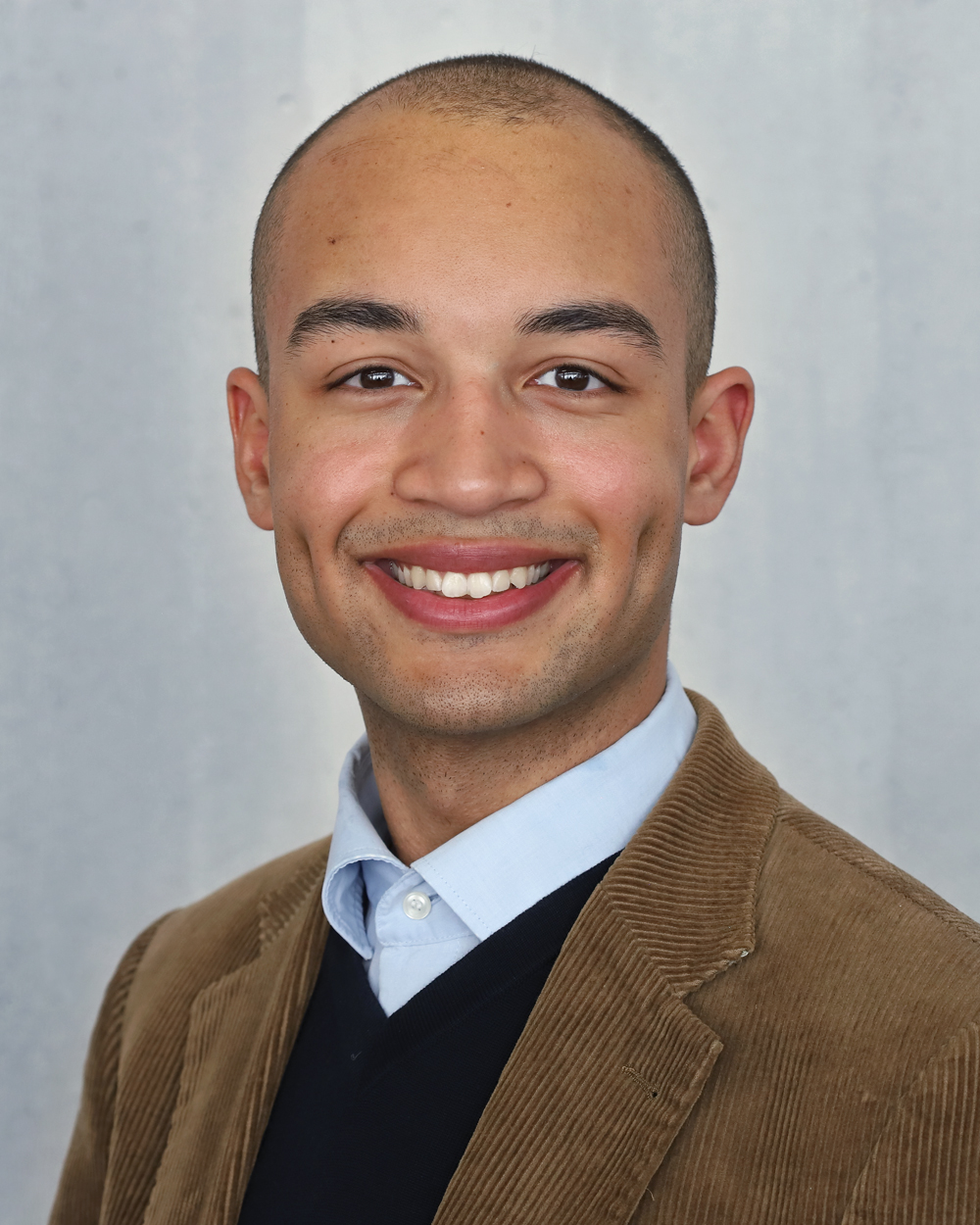
Jean-François Siani. I have joined the PainLab in 2023 to pursue my doctoral thesis. During my studies of medicine in Munich, Toulouse, and Lübeck, I've nurtured a profound interest in the intricacies of the human psyche. At PainLab, I aim to examine and describe the connection between EEG parameters and depression. By harnessing biomarkers as diagnostic tools for depression, we could refine diagnostic precision and, in doing so, enhance the effectiveness of treatment. Furthermore, my academic interests extend to the field of psychoanalysis and transcultural psychiatry, areas which hold particular fascination for me.
